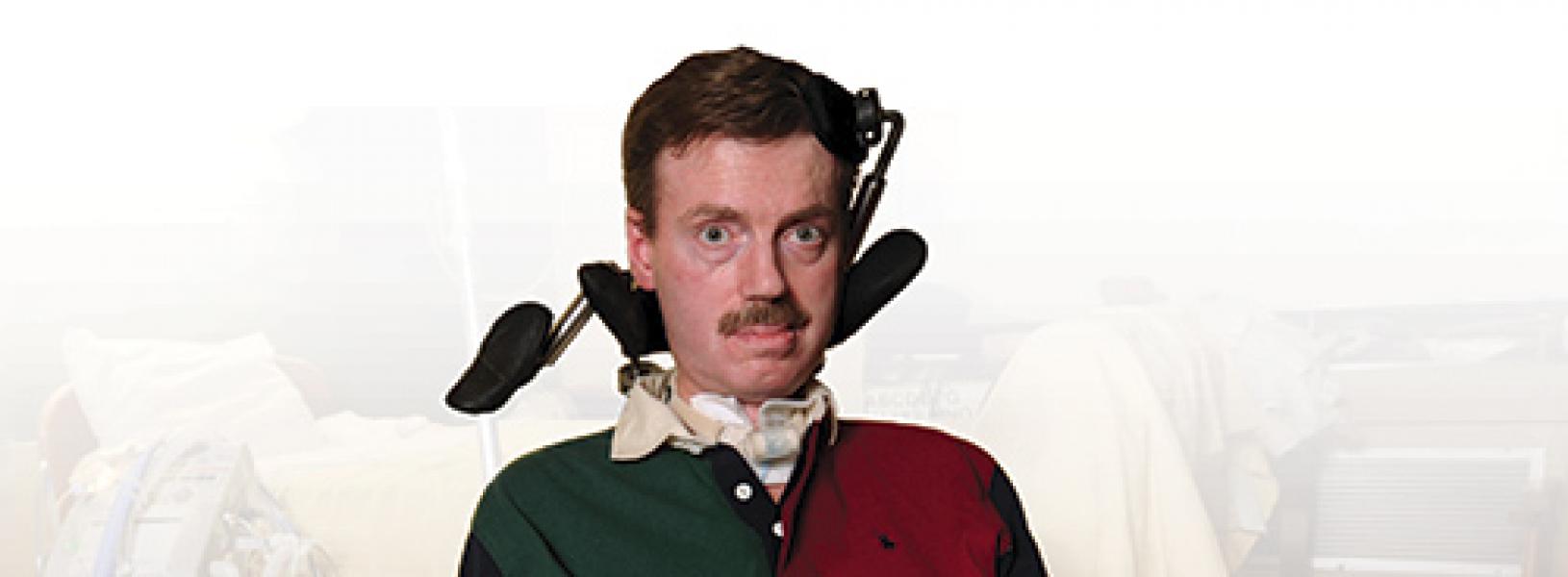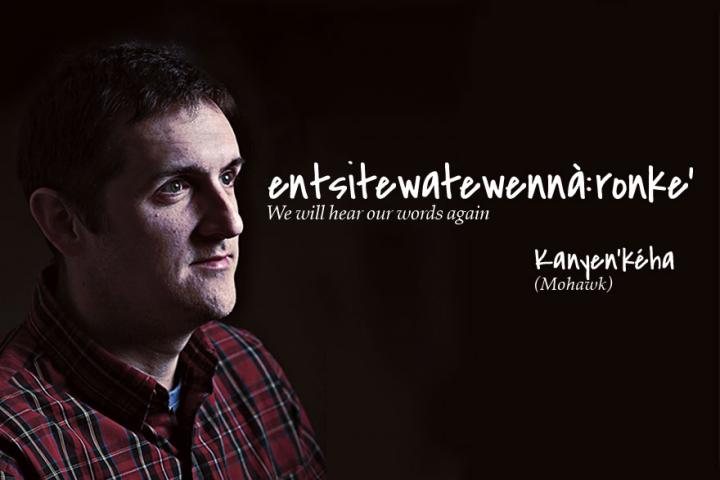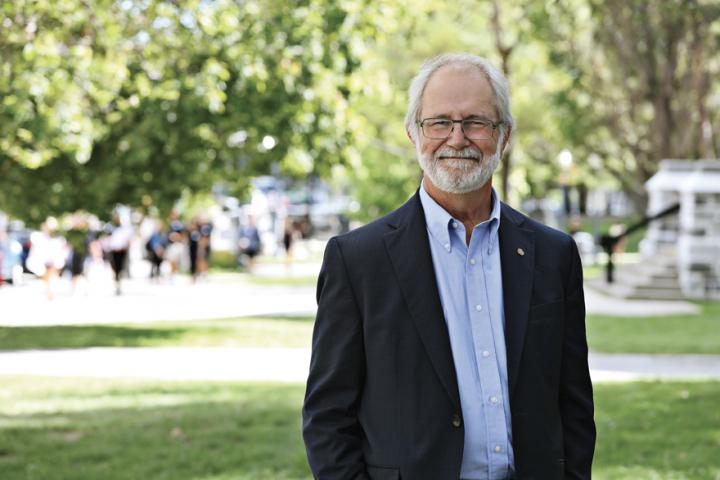First, for those who know not of me, I’ve had amyotrophic lateral sclerosis (ALS) – commonly known as Lou Gehrig’s disease – for 34 years. This makes me the longest-living Canadian with ALS and, by extension, one of the longest living on the planet. (Stephen Hawking has 14 years on me.) For the past nine-plus years I’ve lived in a somewhat specialized unit within Toronto East General Hospital. Half of the unit provides long-term care for patients requiring a ventilator, amongst other medical needs; the remaining half provides palliative care.
From a physical standpoint, I’ve been mute for 14 years. Ventilator-assisted breathing occurs while I’m sleeping and whenever else it’s required. I “eat” and “drink” via a small tube that’s anchored in my stomach. The other end of the tube protrudes from my skin. Specially formulated liquids that sustain me flow through this interface. My arms do little more than take up space, while my legs can, to a certain extent, still bear some of my weight for short periods of time. I spend most of my days trading stocks and options online.
Given that ALS is a progressive neuromuscular disease, I know for certain that with the passage of time I will become a mute, ventilator-dependent quadriplegic. I’m comfortable with this as I know what lies in wait and can make the necessary adjustments. Despite all of this, I continue to love life and all of the joy that is associated with living it. After all ... life is what you make it.
This leads to my thoughts on euthanasia. Although I’ve never entertained the idea of suicide – doctor-assisted or otherwise – I strongly believe that every individual has the fundamental right to determine his or her own destiny. Admittedly, I don’t understand, in most cases, why anyone would choose to terminate his/her life prematurely. Naïveté on my part, perhaps.
Life is precious, and since it’s a one-way ticket, you have to make the most of whatever time you have left, regardless of circumstance. Surely, everyone is cognizant of the fact that one will encounter potholes on the road of life. One repairs or modifies the impediment, then continues on the journey. Granted, this notion is overly simplistic, but in a general sense it rings true for everyone.
I’ve witnessed two doctor-assisted suicides and have discussed the issues surrounding them with some of the “ALS’ers” whom I’ve mentored or heard from. The act itself is quite humane and compassionate, be it by morphine drip, potassium injection, removal of a breathing device while the person is in a coma, or some other means. It’s often performed under the guise of pain management, leading to what some people believe to be a “better death.”
I believe that every individual has the right to choose death if able to do so, but safeguards must be in place to protect those individuals who may be subject to such things as depression, elder abuse, or coercion. In the case of being pronounced “brain dead” or a “vegetable” (as was the case with my father when a massive stroke destroyed half of his brain) or comatose with little or no chance of regaining consciousness, I’m hard-pressed to find a reason for sustaining life. This stance will undoubtedly upset, if not infuriate, those who believe otherwise, the difference of opinion being attributable to what one defines as “life.”
I believe euthanasia should be legalized in Canada. Guidelines have to be established for the medical profession so that those who have a genuine desire to terminate their existence, including those with living-will directives, will not be denied on account of a doctor who is unwilling to take the risk. These guidelines should call for teams comprised of medical doctors, psychiatrists/psychologists, nurses, family members, social workers, and perhaps clergy, to assess each individual seeking doctor-assisted suicide on a case-by-case basis. Their mandate has to ensure that those individuals seeking to terminate life with medical assistance are of clear mind and are making an informed decision. At the same time, however, this process cannot be onerous. Those wishing to terminate life will not put up with red tape and bureaucracy, preferring to go outside of the medical community, as depicted in Clint Eastwood’s 2004 Oscar-winning film Million Dollar Baby.
While writing this article, I sought input from some of the individuals working within the unit in which I live – especially those who have a wealth of palliative care experience. Although an argument could be made that both euthanasia and palliative care deaths are doctor-assisted, the fundamental difference is that euthanasia is a choice … a choice that must be respected.
Planned exits: a very personal perspective

Photo by Fred Loek

